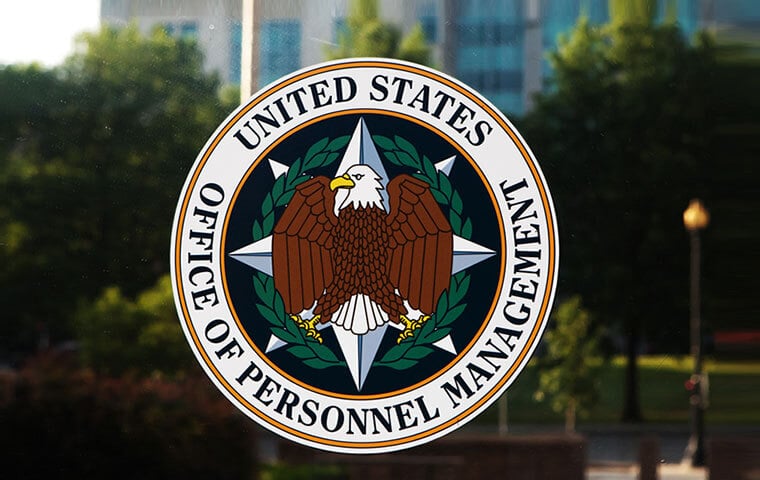 Ahuja's tenure was in part marked by disputes with House Republican leaders on civil service issues. Image: Mark Van Scyoc/Shutterstock.com
By: FEDweek Staff
Ahuja's tenure was in part marked by disputes with House Republican leaders on civil service issues. Image: Mark Van Scyoc/Shutterstock.com
By: FEDweek StaffOPM director Kiran Ahuja will leave that position in the upcoming weeks, the agency has announced, ending at three years the longest term of anyone in that position in nearly a decade.
The announcement comes shortly after what may prove to be the defining action of OPM during her tenure, the release of rules designed to block creation of a future excepted service “Schedule F” by executive order.
Those rules could be repealed by a future administration but that would require a formal process to take them off the books, providing an opportunity for opposing that change through legal or legislative action.
OPM also cited issuance during her tenure of rules prohibiting the consideration of salary history in initial pay-setting for newly hired federal employees; rules generally prohibiting agencies from asking about criminal history in initial screening of applicants; actions designed to streamline and encourage the use of internship and fellowship programs for hiring early-career talent; and actions under the administration’s DEIA initiatives for the federal workforce.
Her tenure however also was marked by disputes with House Republican leaders on civil service issues, particularly regarding oversight of agency telework practices and a lack of hard data on the impact of telework on productivity and customer service.
“OPM wants to be considered the federal government’s human resources agency, but under Director Ahuja, OPM has shown a lack of interest in acting like it. It does not have a handle on key issues like telework or the amount of union official time occurring in agencies. Rather, her tenure has been marked by a continual stream of policies intended to further entrench federal employee unions and shield civil servants from accountability. The next OPM director must do better,” said the chair of the Government Operations and the Federal Workforce Subcommittee, Pete Sessions, R-Texas.
Senate Eyes Vote to Pay Federal Employees Working Unpaid
Series of Bills Offered to Address Shutdown’s Impact on Employees
Public Starting to Feel Impact of Shutdown, Survey Shows
OPM Details Coverage Changes, Plan Dropouts for FEHB/PSHB in 2026
Does My FEHB/PSHB Plan Stack Up? Here’s How to Tell
2025 TSP Rollercoaster and the G Fund Merry-go-Round
See also,
TSP Takes Step toward Upcoming In-Plan Roth Conversions
5 Steps to Protect Your Federal Job During the Shutdown
Over 30K TSP Accounts Have Crossed the Million Mark in 2025

